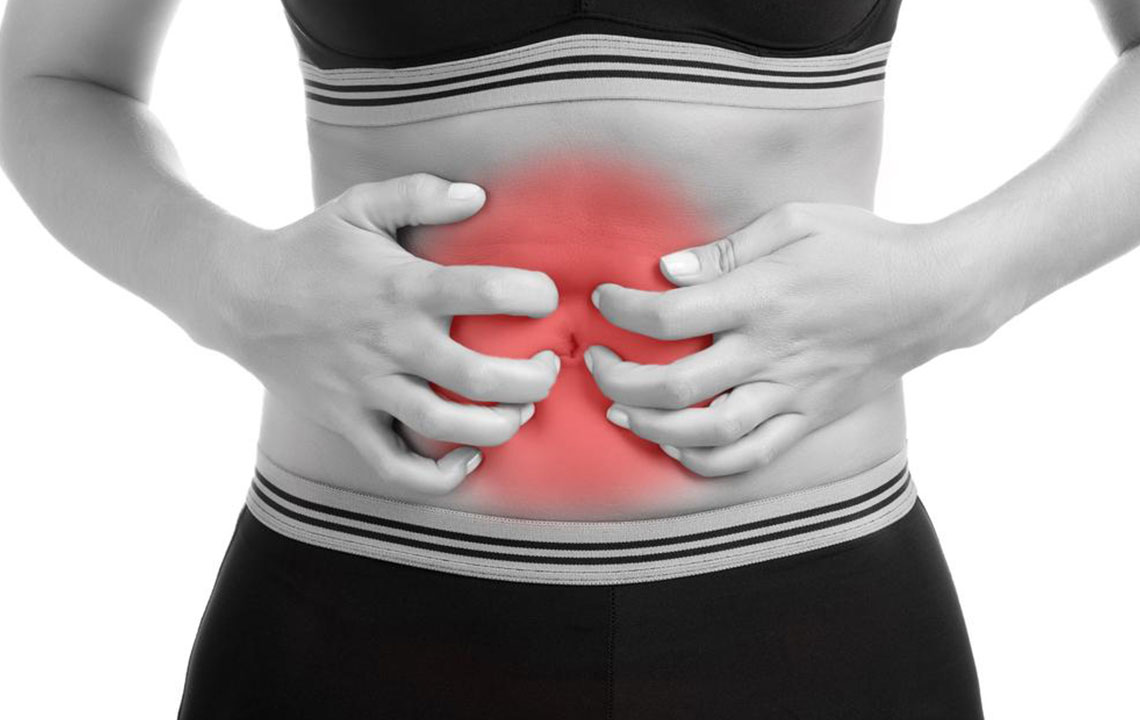Understanding Digestive Discomfort and Stomach Pain
This article explores common causes, symptoms, and management strategies for indigestion and stomach pain. It emphasizes lifestyle modifications, dietary tips, and when to seek medical help, providing readers with helpful insights to control digestive discomfort effectively.
Sponsored

Digestive discomfort, commonly known as indigestion or dyspepsia, is a prevalent condition affecting many individuals. It can result from poor dietary habits or signal underlying health issues. A key indicator of indigestion is abdominal pain, which varies in intensity.
Possible Causes
Causes of indigestion range from minor issues to serious health conditions, often linked to lifestyle or medical factors.
Medical Conditions:
Peptic ulcers
Intestinal infections
Irritable bowel syndrome
Thyroid disorders
Gastroesophageal reflux disease (GERD)
Pancreatitis
Rarely, abdominal tumors
Lifestyle and Dietary Factors:
Unhealthy eating habits
Consuming high-fat foods
Eating rapidly without proper chewing
Stress and anxiety
Excessive alcohol intake
Smoking
Medication Influence:
Thyroid medications
Antibiotics
Birth control pills
Steroids
Pain relievers like aspirin and ibuprofen
Additional Factors:
Pregnant women, especially in the later trimesters, may experience indigestion due to hormonal changes and pressure from the growing uterus.
Some individuals suffer from chronic indigestion without a clear cause, known as functional dyspepsia.
Symptoms
Signs of indigestion can vary but often include:
Stomach pain of different intensities
Burning sensation in the stomach
Excessive belching
Gas and bloating
Acid reflux
Nausea and vomiting
Management and Treatment
Minor episodes typically resolve without treatment. However, persistent or severe symptoms should warrant medical evaluation.
Diagnosis might involve endoscopy or imaging tests to identify underlying causes. Medications to reduce stomach acid may be prescribed, but they can have side effects.
Adopting lifestyle modifications is often the most effective approach.
Dietary adjustments like eating smaller meals, avoiding spicy and fried foods, and staying upright after eating can help relieve symptoms.
Reducing stress, increasing physical activity, and managing weight can also provide relief.
While uncomfortable, indigestion is manageable with appropriate care and lifestyle changes.






